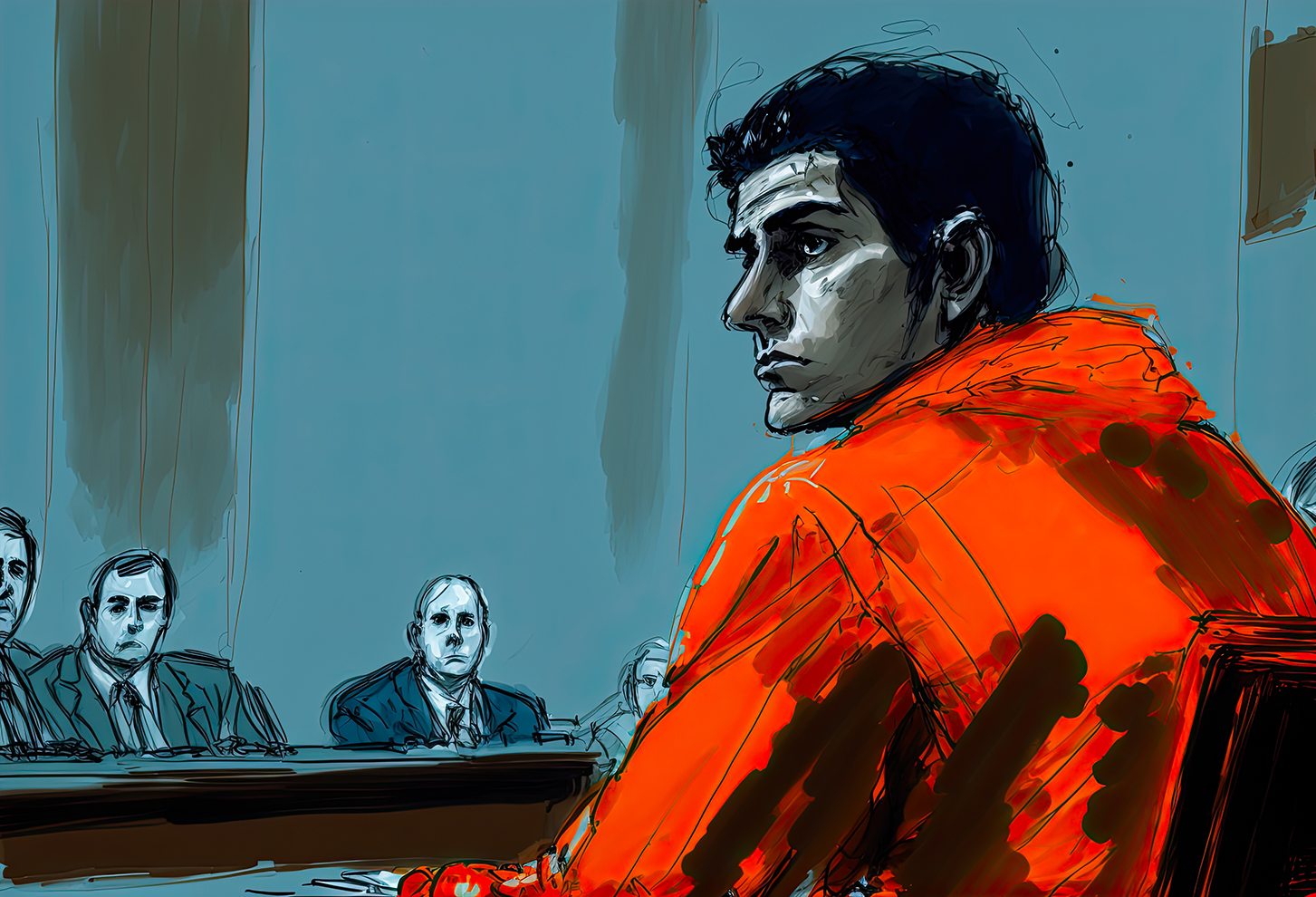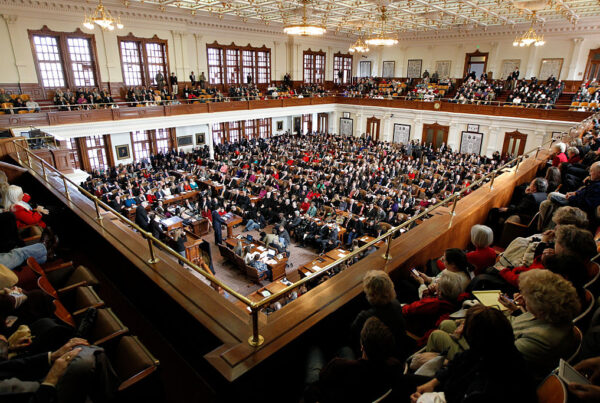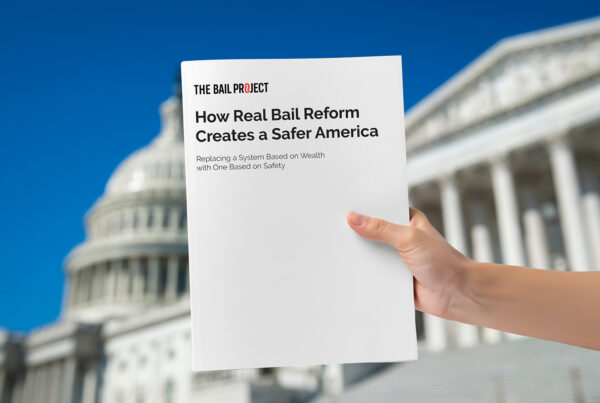One of our most fundamental American rights is the right to trial. That right is enshrined in the Sixth Amendment to the United States Constitution, which ensures that the government provides people accused of crime with the opportunity to have their innocence or guilt decided by a jury of their peers. Jury trials served as a cornerstone of the criminal justice system for much of our history. But today, having your “day in court” is no longer the common reality; instead, plea bargains vastly overshadow trials in the United States.
Criminal trials are disappearing across the country. A recent study of the federal court system found that less than 1% of more than 70,000 examined cases ended with trials. State trials are similarly rare. In the last decade, in New York, Pennsylvania, and Texas, trials occur in less than 3% of all cases. Counties can see even less. In fact, Santa Clara County made headlines in 2012 when it reported holding no felony jury trials for nearly two years.
Instead of the courtroom dramas most people envision, governments primarily resolve criminal cases through plea bargains. In stark contrast with trial rates, 97% of convictions flow from these deals. By one estimate, courts dispose of criminal cases by plea bargain every two seconds during a typical workday.
Far removed from the public eye, plea bargains result from informal and unregulated negotiations between prosecutors and defense attorneys, who trade reduced charges and sentencing recommendations for guilty pleas and the surrender of the right to a trial. Theoretically, making these deals saves everyone from the emotional trauma and resources spent on trials. But they actually undermine the fairness of the criminal justice system by placing undue pressure on defendants to give up their constitutional rights.
Equal plea bargaining power is impossible in today’s criminal justice system. Prosecutors are the most influential people involved in criminal cases. They make charging decisions, can trigger mandatory punishments, and have the sole authority to make a plea offer. In trying to strike a deal, they can leverage pretrial detention and bail as negotiating tools to pressure defendants into pleading guilty.
Pretrial detention – often driven by unaffordable cash bail amounts, is quite effective at securing plea deals. A 2018 study in Delaware found that pretrial detention increases a person’s likelihood of pleading guilty by 46%. Prosecutorial threats to seek pretrial detention or offers to end it can be extraordinarily coercive to defendants who want to return to their families, homes, jobs, and lives.
To preserve the right to trial and to ensure a fairer criminal justice system, policymakers should pass laws that limit the use of pretrial detention and restrict the use of cash bail. These changes would remove significant authority from prosecutors at the bargaining table and allow defendants to more readily demand their day in court from a position of freedom.
Prosecutors have discovered a path around the U.S. Constitution through backroom deals, which now determine the fate of most criminal cases. Scaling back their outsized negotiating power is crucial to truly protect Americans’ rights and the integrity of the criminal justice system. Having your day in court is too important to just give up.
Thank you for reading and your willingness to engage in a complicated and urgent issue. In addition to providing immediate relief by offering bail assistance, we at The Bail Project are working to advance systemic change. Policy change doesn’t happen without the support of people like you. If you found value in this article, please consider taking action today by donating.












